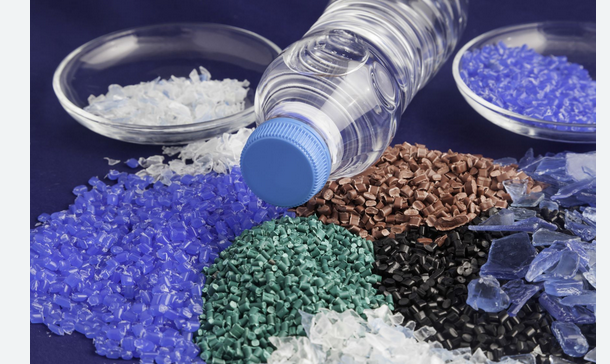
The entire world we are now living in nowadays is fast-paced and technologies-motivated, that has generated a significant surge in the volume of plastic spend we create day-to-day. Nevertheless, with knowledge and consciousness about the value of trying to recycle plastics, we can make a plan to reduce our carbon dioxide footprint and safeguard our environment. In this post, we shall check out the huge benefits recycle plastics and challenges of plastics recycling to learn much better why recycling plastic materials issues.
1. Benefits of plastics recycling
a. Lowering plastic material waste in landfills: Plastic requires hundreds of several years to decompose, rendering it a serious risk to our environment. By recycling plastic materials, we can reduce the amount of squander that eventually ends up in landfills which will help prevent additional problems for environmental surroundings.
b. Will save electricity and resources: Producing new releases from reprocessed plastics needs less energy and sources than making new services from virgin supplies. Trying to recycle plastics helps save energy and resources, which reduces garden greenhouse fuel emissions and safeguards the surroundings.
c. Creates job opportunities: The plastic recycling business generates employment opportunities for anyone doing work in different areas including selection, processing, and logistics. This can lead to economic progress and benefits for nearby neighborhoods.
2. Difficulties of plastics recycling
a. High expense of trying to recycle: Trying to recycle plastic materials comes with a greater cost in comparison to developing new releases from virgin materials. Too little monetary rewards for trying to recycle also plays a part in this problem.
b. Plastic contaminants: Contamination of plastic waste materials with non-recyclable goods can cause quality issues and reduce the value of plastic material spend, rendering it hard to reuse.
c. Very low open public awareness: A lack of recognition about the significance of trying to recycle plastic materials is another struggle. Reduced community understanding leads to low engagement levels in plastic recycling courses and a lot of plastic-type squander that eventually ends up in landfills.
d. Facilities difficulties: An absence of satisfactory infrastructure for gathering, digesting, and trying to recycle plastic-type material waste is yet another significant struggle to the plastic recycling market.
Conclusion:
Trying to recycle plastic materials is essential for that environment and our well-being. It offers benefits including lowering plastic-type material spend, conserving power and resources, and producing opportunities. Even so, the high value of recycling, plastic-type contamination, very low community recognition, and structure problems represent the most significant difficulties for that plastic recycling market. It’s important to interact to build up lasting answers to overcome these problems and encourage the key benefits of plastics recycling. In this way, we can safeguard the planet, our overall health, and create a far better, enviromentally friendly future for all those.
